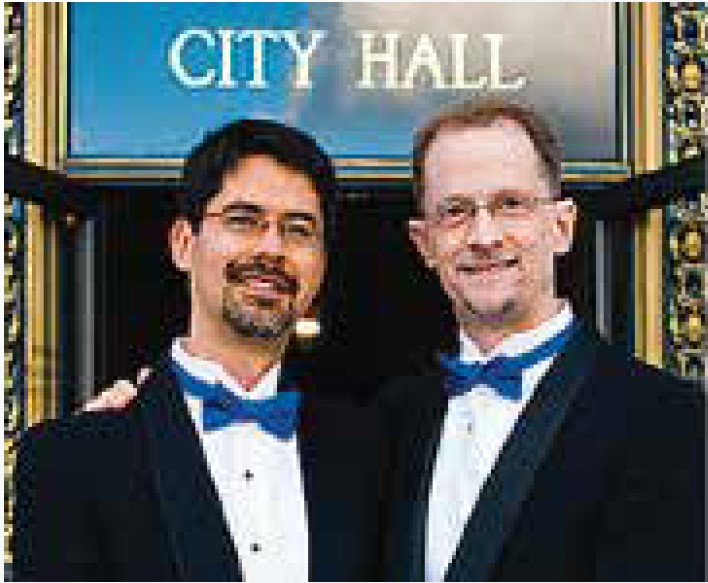
By Stuart Gaffney and John Lewis–
“Regressive,” “outdated,” and “abusive.” These are three of the words that Human Rights Watch has used to describe Japan’s requirements for transgender people to be able to change their legal gender. For transgender Japanese to legally be their true gender, they must not only be sterilized, have alternative genital construction surgery, and receive a psychiatric diagnosis, but also they must not be married nor have children under age 18. These draconian requirements violate transgender Japanese basic rights to physical and personal dignity, autonomy, and privacy, as well as reinforce social prejudice and foster personal self-repression.

Thus, thousands of transgender and other LGBTIQ people along with many allies made a bold statement when they took to the streets for the second annual Tokyo Transgender March, which began at a central location in Tokyo and proceeded to Shinjuku Station, the world’s busiest railway station with over 3.5 million people using the station daily. The marchers carried signs such as “I am who I say I am,” “I, not the state nor religion, decide,” “smash the binary ‘cistem,’” and “refugee + trans solidarity,” and held a rally with speakers at Shinjuku station.
During the event, marchers displayed determination and forcefulness more than anger, and above all a sense of joy, pride, and community. At a large festival held before the march, numerous organizations offered resources and information for community members and the general public. Together, participants created an atmosphere of welcome, safety, and belonging for each other.

The same sort of power in self-expression and community was on full display at avant-garde photographer Nagi Yoshida’s stunning exhibition Hero & Queen, which just closed in Tokyo. The provocative show juxtaposed photos of indigenous peoples from around the globe in traditional makeup and clothing with those of drag queens from New York to Hong Kong to Osaka decked out in their latest creations. The exhibition invited the viewer to ponder what commonality two seemingly divergent types of people—indigenous peoples living in geographically remote locales and drag queens living in the heart of some of the world’s largest cities—may have.
One drag queen who was interviewed for a video component of the exhibition opined that “life sucks, but there’s a lot that’s really good in it, if you know where to look for it.” As the industrialized world encroaches upon indigenous people’s lands and the climate crisis threatens their survival, many drag queens face or have faced societal or familial rejection, as well as discrimination or violence, just for being themselves. For both, their striking personal presentations through their hair, makeup, attire, and personalities exude vibrancy, strength, creativity, and celebration of life to all who see them through Yoshida’s brilliant photography.

The need to protect both the world’s indigenous people’s lives and to defend the human rights of transgender and other queer people in Japan and elsewhere is urgent. Indeed, a recent survey conducted by the Japanese educational non-profit Rebit found that nearly half—48.1 percent—of LGBTIQ respondents aged 12 to 20 had thought of killing themselves over the past year, with approximately 14% actually attempting to do so. The beautiful human images in Yoshida’s photography exhibition and the courageous joy of all those who participated in the Tokyo Transgender March provide reason and inspiration to continue forward in the global movement to make the world a better place for all.
John Lewis and Stuart Gaffney, together for over three decades, were plaintiffs in the California case for equal marriage rights decided by the California Supreme Court in 2008. Their leadership in the grassroots organization Marriage Equality USA contributed in 2015 to making same-sex marriage legal nationwide.
6/26 and Beyond
Published on December 1, 2022
Recent Comments